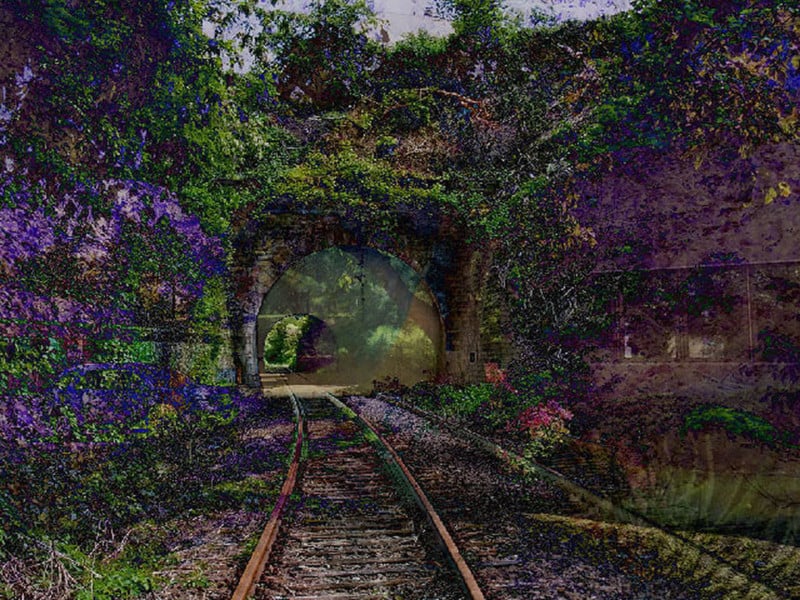Federal Judge Rules AI Images Cannot be Copyrighted, Contrasts it to Photos
![]()
A federal judge has ruled that images generated with artificial intelligence (AI) cannot be copyrighted while contrasting them with photography.
United States District Court Judge Beryl A. Howell upheld the U.S. Copyright Office’s decision to deny Stephen Thaler copyright for an image his machine created entitled A Recent Entrance to Paradise.
In her opinion, Judge Howell contrasted AI images to photography by saying that “a camera may generate only a ‘mechanical reproduction’ of a scene, [it] does so only after the photographer develops a ‘mental conception’ of the photograph.”
It was after Thaler had attempted to “complicate the issues” which apparently included comparing cameras to machines that generate AI images. But the judge cited a leading case on copyright authorship, Burrow-Giles Lithographic Company v. Sarony, in which the Supreme Court ruled that there was “no doubt” that protection can be extended to photos so long as “they are representative of original intellectual conceptions of the author.”
“Photographer’s decisions like ‘posing the [subject] in front of the camera, selecting and arranging the costume, draperies, and other various accessories in said photograph, arranging the subject so as to present graceful outlines, arranging and disposing the light and shade, suggesting and evoking the desired expression, and from such disposition, arrangement, or representation’ crafting the overall image.” writes Judge Howell.
One Man’s Quest to Have His Machine Registered as an Author
Dr. Stephen Thaler had his request for his artwork to be registered by the Copyright Office denied last year. His wranglings with the Office have led to a lawsuit after he complained the Office’s refusal was “arbitrary, capricious, an abuse of discretion and not in accordance with the law,” reports The Hollywood Reporter.

Dr. Thaler wants his Creativity Machine to be registered as the author and then the copyright transferred to him since he is the machine’s owner. However, the U.S. Copyright Office has asserted that “human authorship is a precondition to copyrightability.”
The decision by the Office and judges to not allow AI works to be copyrighted could be far-reaching as the technology embeds itself into the creative ecosystem. The verdict affects the ongoing Hollywood strikes and people using AI image generators for professional work.
The Copyright Office does clarify that AI-assisted material can qualify for protection if a human “selected or arranged” it in a “sufficiently creative way that the resulting work constitutes an original work of authorship.”
Image credits: Header photo licensed via Depositphotos.